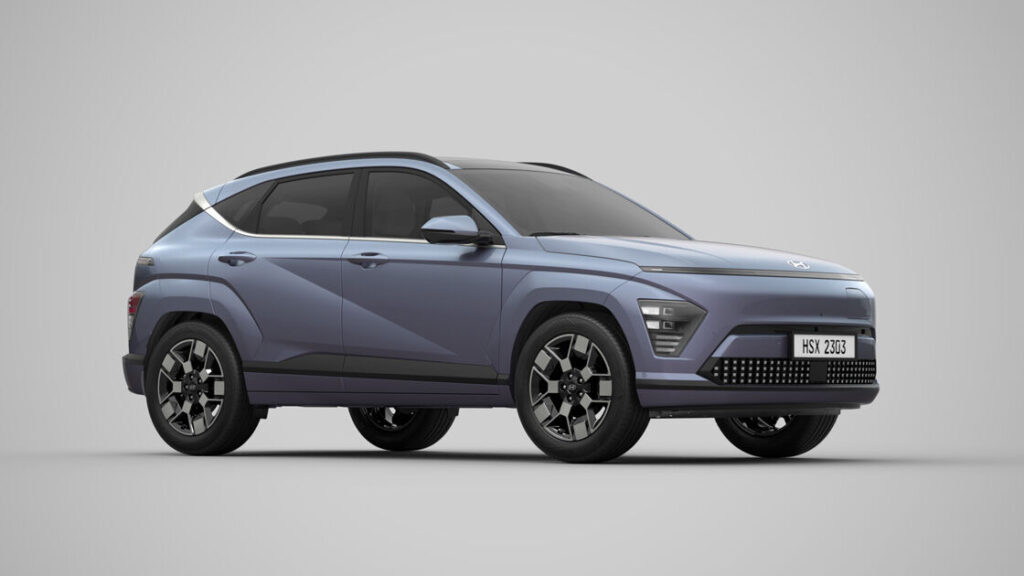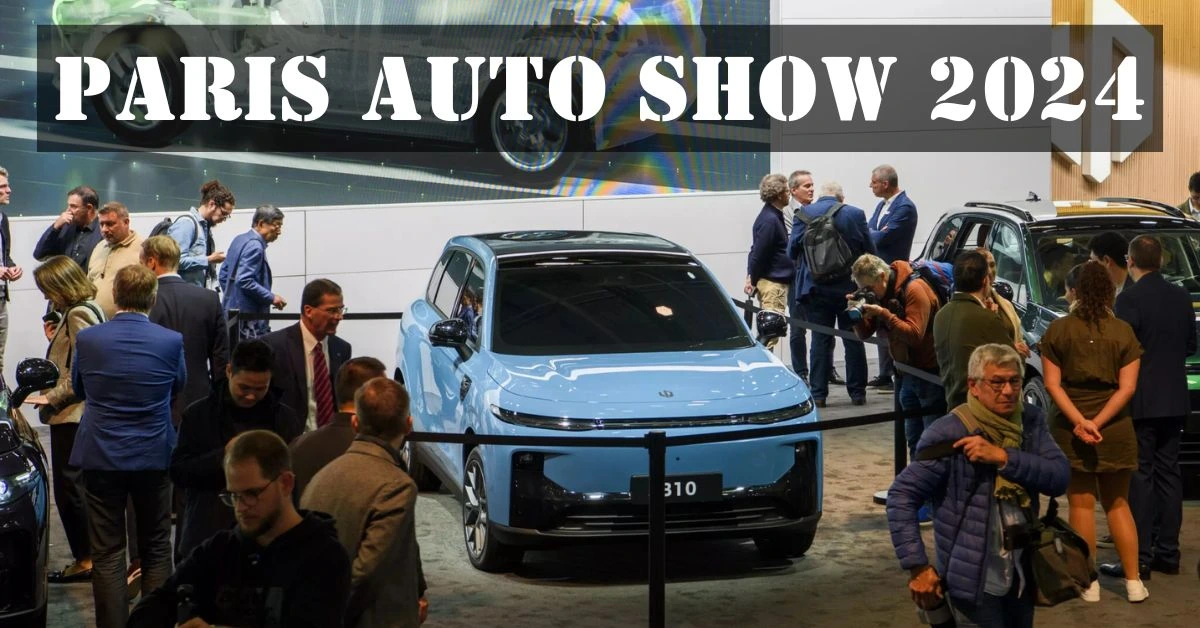Game Changer! Hyundai 300 Wh/kg LFP Batteries: A New Era in Electric Vehicles
The electric vehicle (EV) market is rapidly evolving, with automakers racing to develop innovative technologies that will define the future of transportation. Among these leaders, Hyundai has set an ambitious target: to produce industry-leading lithium iron phosphate (LFP) batteries with an energy density of 300 watt-hours per kilogram (Wh/kg) by 2025. This groundbreaking development positions Hyundai to challenge the current dominance of Chinese manufacturers and create more affordable and efficient electric vehicles for consumers in the U.S. and Canada.
Table of Contents
What Are LFP Batteries?
Lithium iron phosphate batteries, commonly known as LFP batteries, are recognized for their stability, safety, and cost-effectiveness. They have become increasingly popular in the EV sector due to their lower risk of thermal runaway, which can lead to fires in more volatile battery types. LFP batteries typically have a lower energy density than nickel-cobalt-manganese (NCM) batteries but offer several advantages that make them ideal for entry-level electric vehicles.
Advantages of LFP Batteries
Safety and Stability
LFP batteries are known for their safety advantages. Unlike their nickel-cobalt-manganese (NCM) counterparts, LFP batteries have a lower risk of thermal runaway, making them a safer choice for entry-level electric vehicles. This stability can lead to increased consumer confidence in EVs, particularly for those new to electric driving.
Cost-Effectiveness
In addition to safety, LFP batteries are generally more cost-effective. With Hyundai’s goal to achieve 300Wh/kg, the company is not only enhancing energy density but also aiming to drive down costs. This reduction in expenses could be passed on to consumers, making electric vehicles more accessible and appealing.
Longer Battery Life
LFP batteries can endure a greater number of charge and discharge cycles, translating to a longer usable life. This durability appeals to consumers looking for longevity in their investments.
Hyundai’s move to enhance the performance of LFP batteries aligns with a growing demand for affordable and reliable electric vehicles. By increasing the energy density to 300 Wh/kg, Hyundai aims to surpass the existing benchmarks set by major competitors, which currently hover around 200 Wh/kg.
Current Marketspace and Hyundai’s Strategic Vision

Currently, Chinese companies like Contemporary Amperex Technology Co., Limited (CATL) and BYD dominate the LFP battery market, holding around 90% of the share with batteries that typically achieve energy densities in the mid to high 200 Wh/kg range. By targeting Hyundai 300 Wh/kg LFP Batteries, Hyundai aims not only to surpass these competitors but also to set new standards for energy density in LFP technology.
Investment in Battery Technology
Hyundai has committed a substantial $7.3 billion over the next decade to advance its EV battery technology. This investment highlights the company’s determination to reduce reliance on Chinese imports and develop in-house capabilities for battery production. By collaborating with local partners such as LG Energy Solution, Samsung SDI, and SK On, Hyundai is working to create a self-sufficient battery supply chain that enhances its competitive edge.
The ‘Hyundai Way’ Strategy
During its Investor Day 2024, Hyundai unveiled its “Hyundai Way” strategy, which includes increasing the capacity of in-house LFP and NCM batteries by over 20% by 2030. This approach not only focuses on performance enhancement but also emphasizes material localization, minimizing dependence on foreign suppliers, particularly from China.
Hyundai’s Collaborations for Innovations
Hyundai’s partnership with Hyundai Steel and EcoPro BM plays a key role in its efforts to develop Hyundai 300 Wh/kg LFP Batteries. This collaboration focuses on innovating the production of cathode materials, which are essential for enhancing battery performance. By utilizing recycled iron, they aim to create high-performance cathode materials that will significantly boost battery efficiency and lower production costs.
- Hyundai Steel: Responsible for developing fine iron powder processing technology.
- EcoPro BM: Focused on creating high-quality lithium iron phosphate cathode materials.
- Hyundai Motor: Will integrate these materials into its battery production process.
Goals and Timeline
Originally slated for completion between 2023 and 2024, Hyundai has adjusted its timeline to achieve the 300 Wh/kg target by the end of 2025. This proactive revision underscores the company’s commitment to staying ahead in the competitive EV landscape.
Key Features of Hyundai’s Upcoming LFP Batteries:
- High Energy Density: With a target of 300 Wh/kg, these batteries will offer superior performance compared to existing options.
- Cost Efficiency: By reducing reliance on costly materials like nickel and cobalt, LFP batteries are generally cheaper to produce, leading to lower consumer prices.
- Enhanced Safety: LFP batteries have a significantly reduced risk of fire, making them a safer option for everyday use.
- In-House Battery Production: By developing LFP batteries in-house, Hyundai aims to reduce costs and improve the efficiency of its EV lineup.
- Material Localization: The company is committed to localizing the production of battery materials to decrease dependence on foreign sources, which aligns with a broader trend among automakers to bolster domestic supply chains.
Market Challenges
As of August 2024, Chinese companies control over 50% of the global battery market. By investing in homegrown battery production capabilities, Hyundai is strategically positioning itself to reduce reliance on these foreign manufacturers. This shift is particularly important given the recent tariffs on EV imports from China in the U.S. and EU markets.
| Company | Market Share | Energy Density (Wh/kg) |
|---|---|---|
| CATL | 26% | ~200 |
| BYD | 24% | ~200 |
| Others | 45% | ~200 |
| Hyundai | 5% | Targeting 300 |
Looking Ahead: The Next Generation of EVs
While the EV market has seen substantial growth, there has been a noticeable slowdown in demand for entry-level electric vehicles. Hyundai’s new LFP batteries are strategically designed to bridge this gap. By offering high-capacity batteries in mid to low-cost EVs, Hyundai plans to make electric vehicles more appealing to a broader audience.
Target Models:
- Hyundai Kona EV: Currently equipped with CATL batteries but set to transition to in-house developed LFP options.
- Kia EV3: Expected to launch at approximately $30,000.
- Hyundai Capsper Electric: Vehicles like the Capsper Electric, priced competitively at under $23,000, will utilize the new battery technology.
By lowering the cost of battery production, Hyundai can pass these savings on to consumers, ultimately increasing accessibility to electric vehicles.
Read Also: LG Chem Unveils Thermal Runaway Suppression Material to Enhance Battery Safety
Conclusion
Hyundai’s pursuit of industry-leading 300Wh/kg LFP batteries is more than a technical goal; it is a clear statement of intent to reshape the future of electric vehicles. By investing in advanced battery technology and fostering local partnerships, Hyundai is positioning itself to meet the demands of a rapidly changing automotive landscape. As the company works toward its ambitious target, the EV market in the U.S. and Canada can expect a new wave of affordable, efficient electric vehicles that make a strong case for the transition away from traditional gasoline-powered cars.
This development not only signals a shift in Hyundai’s approach but also sets the stage for a more competitive and diversified global battery market, ultimately benefiting consumers and the environment alike.



